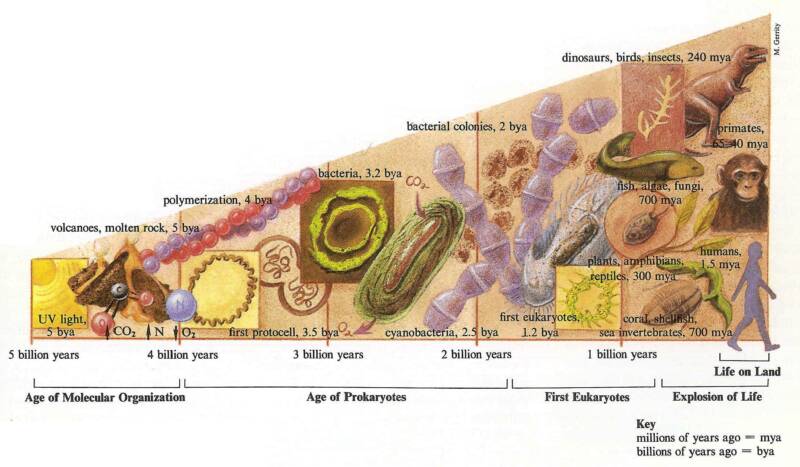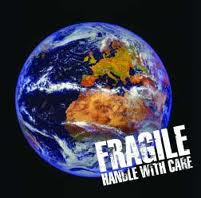“Kin and Kind” is an article in the Mar 5 New Yorker by Jonah Lehrer, on the remarkable career of E.O. Wilson and his quest to explain apparent “altruism” in animal behavior. The reigning explanation for evolution is pure competition, and he’s beginning to think there must be more to it, asking “…is goodness an adaptive trait?” I note that the very first ecologist to study complex ecological behavior, S.A. Forbes, had much the same way of raising the question, in 1887.
The question, possibly, is not how mutations affect behavior, but our having not looked squarely at what is common to the behaviors of life that are so successful.

__________
for The Mail,
E.O. Wilson is remarkable among scientists for being willing to question his own dogma. Where the article ends is with his next seeming breach of scientific etiquette, his now beginning to ask if “goodness is an adaptive trait”.
Very surprisingly, that is where the very first scientist to study complex organization in ecologies, S.A. Forbes actually began. In 1887, in “The Lake as a Microcosm”, Forbes observed that somehow networks of many species evolved to respect each other enough to not make food chains highly unstable, as they would be if their competition had winners. Continue reading Kin and Kind – Some learning in progress?

